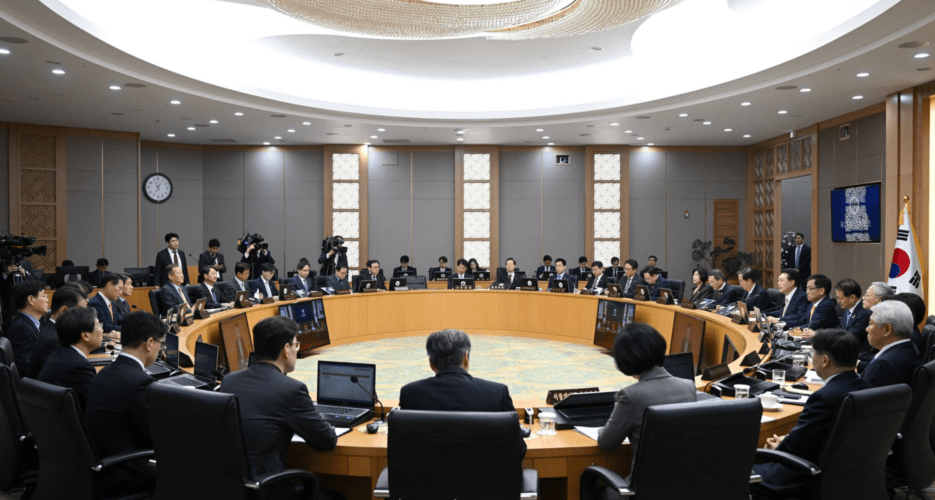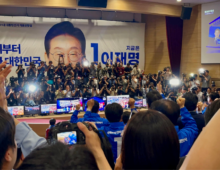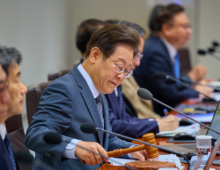President Yoon Suk-yeol will likely come under pressure to diversify beyond prosecutor-heavy cabinet
In response to the ruling People Power Party’s (PPP) defeat in the 22nd general elections, South Korean President Yoon Suk-yeol announced plans for a significant government policy reform, emphasizing the administration’s intention to closely align with the public’s will. A collective resignation offer from key figures, including Prime Minister Han Duck-soo and presidential chief of staff Lee Kwan-seop, accompanied the announcement. The only senior secretaries and advisers to the Presidential Office who have not offered to resign are those serving in the National Security Office.
At the conclusion of the general election, the Democratic Party (DP) secured 175 seats, while the PPP won 108 seats. The Rebuilding Korea Party obtained 12 seats, the New Reform Party gained three, and the New Future Party and the Jinbo Party each secured a single seat. In total, the broad opposition bloc has secured 192 seats in South Korea’s 300-seat National Assembly, indicating a significant majority that could influence future legislative and reform initiatives.
Why It Matters
Yoon’s staffing policy has been a point of contention from the onset of his presidency. Yoon, a former prosecutor-general, appointed many individuals with prosecutorial backgrounds to senior government positions. Opposition parties have criticized the president’s staffing decision heavily, as it was widely perceived that the approach limited the diversity and breadth of expertise within his administration.
Should Yoon fill the newly vacated positions with more figures from prosecutorial backgrounds, it would likely provoke an immediate backlash from the newly bolstered opposition bloc. Despite the anticipated government reshuffle, whether Yoon will engage in direct talks with DP leader Lee Jae-myung remains to be seen. Yoon has not met with Lee since his inauguration.
In response to the ruling People Power Party’s (PPP) defeat in the 22nd general elections, South Korean President Yoon Suk-yeol announced plans for a significant government policy reform, emphasizing the administration’s intention to closely align with the public’s will. A collective resignation offer from key figures, including Prime Minister Han Duck-soo and presidential chief of staff Lee Kwan-seop, accompanied the announcement. The only senior secretaries and advisers to the Presidential Office who have not offered to resign are those serving in the National Security Office.
At the conclusion of the general election, the Democratic Party (DP) secured 175 seats, while the PPP won 108 seats. The Rebuilding Korea Party obtained 12 seats, the New Reform Party gained three, and the New Future Party and the Jinbo Party each secured a single seat. In total, the broad opposition bloc has secured 192 seats in South Korea’s 300-seat National Assembly, indicating a significant majority that could influence future legislative and reform initiatives.
Get your
KoreaPro
subscription today!
Unlock article access by becoming a KOREA PRO member today!
Unlock your access
to all our features.
Standard Annual plan includes:
-
Receive full archive access, full suite of newsletter products
-
Month in Review via email and the KOREA PRO website
-
Exclusive invites and priority access to member events
-
One year of access to NK News and NK News podcast
There are three plans available:
Lite, Standard and
Premium.
Explore which would be
the best one for you.
Explore membership options












